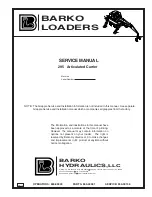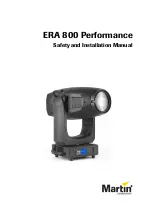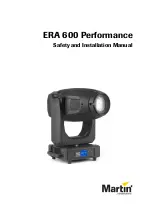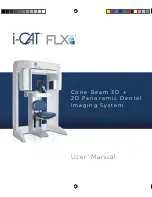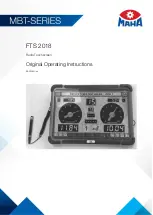
[dw_7SR5_function87TStructureOfTheFunction2, 1, en_US]
Figure 5-49
Basic Principle of Differential Protection Using the Example of 2 Sides
illustrates the biased differential (87T-BD) and highset differential (87T-HS) characteristics.
The line currents are measured and modified by the
ICT Multiplier
and
ICT Connection
settings (see
3.1.1) before being applied to the differential elements.
87T-BD Pickup Characteristic
The differential elements calculate the operate current for each phase from the vector sum of each winding
current i.e.
[fo_IoperateFunction87T, 1, en_US]
The bias (or restraint) current is calculated from the total current of winding 1 and winding 2 currents i.e.
[fo_IbiasFunction87T, 1, en_US]
87T-BD setting represents the sensitivity threshold of the differential protection and considers constant unbal-
ance current e.g. magnetizing current.
87T-BD S1 considers steady state errors during normal operating conditions. These faults can occur for the
following reasons:
•
Transformation errors in the current transformer and the input transformer of the device
•
Adaptation deviations and tap changers in transformers with voltage control (but only if the tap changer
position is not taken into account in the differential protection)
87T-BD S2 protects the differential protection against incorrect operation during high-current external faults
and transformer saturation. In this area, CT saturation can occur due to high short-circuit currents resulting in
increased measurement of differential current.
Protection and Automation Functions
5.22 87T Transformer Differential Protection
308
Reyrolle 7SR5, Transformer Protection Device, Device Manual
C53000-G7040-C015-1, Edition 11.2019































